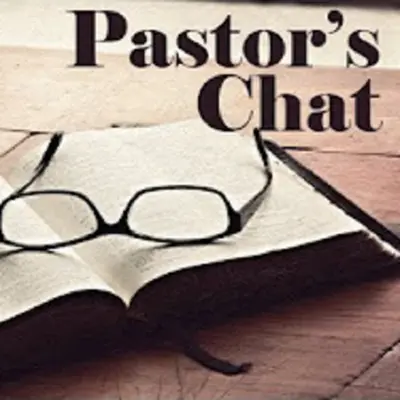The Sadducees, a group ofJewish leaders who do not believe in angels, resurrection, or spirits pose a hypothetical question about a man who marries a woman and dies, andaccording to the law of Moses, his brother must marry her. Seven brothers endup marrying this woman, all die without children, and the Sadducees ask, inheaven, if there is a resurrection, which one of these men will she be marriedto? They think they have Jesus in a dilemma, but He answers them.
InMatthew 22:29, Matthew records Jesus immediate response to their question. Jesussaid, "You are mistaken, not knowing the Scriptures nor the power ofGod." Jesus points out their ignorance of the Scriptures and the power ofGod. They only recognize the first five books of Moses, while Jesusacknowledges all 39 books of the Old Testament in the Septuagint (the Greek translationof the Old Testament available in the time of Jesus). Yet even from the Law ofMoses, Jesus affirms there is a resurrection.
Asa young pastor, I sometimes preached at funerals, stood by the casket, andsaid, "This is just a body." I wish I could go back and tell thosedear people I was wrong. God created us individually, uniquely, with a body wewill live in for eternity. Your spirit, soul, and body are eternal in a sense.According to Scripture, such as Job 14:14; 19:25-27; Psalms 16:9-10; 17:15; Isaiah26:19; Ezekiel 37; and Daniel 12:2, the bodies of both the lost and the savedwill be resurrected one day. These bodies will either go to heaven or to aneternal lake of fire, where they will be tormented day and night forever. Jesusand the Bible teach this truth. My friend, Jesus believed that God has thepower to raise us from the dead.
Inheaven, we will have glorified bodies, with no need for procreation. Regardingthe Sadducees' question about the seven brothers, I’ve always thought after thethird or fourth brother, I’d say, "I’m not marrying her; I’m not takingthe chance of dying like the rest!" When we question Scripture and try tofigure it out logically, we miss the point and like the Sadducees we will misinterpretand wrongly apply the Scripture to our lives.
ButJesus went beyond logic and referred them to the Word of God, particularly whathappened to Moses as recorded in Exodus 3. There God identified Himself withAbraham, Isaac, and Jacob, and thus affirmed that these three patriarchs werevery much alive. But if they were alive, then they were "out of thebody," for they had died (James 2:26). There must be a real world ofspirit beings or Moses would not have written these words. (By the way, Mosesalso affirmed the existence of angels: Genesis 19:1, 15; 28:12; 32:1.)
ButJesus is also basically saying that Exodus 3:6, 15-16 teaches not only thetruth of life after death but also the reality of the resurrection. In whatway? Not by direct statement but by inference. God is the God of the wholeperson—spirit, soul, and body (1 Thessalonians 5:23), because He created thewhole person. He does not simply "save our souls" and ignore the restof our being. Inherent in the very nature of God's creative act is His concernfor the total person. Hence, He will not keep us disembodied spirits foreverbut will give us glorious bodies to match our heavenly perfection.
ForGod’s covenant promises to Abraham, Isaac, and Jacob to be fulfilled, they willneed resurrected bodies to rule and reign with Him in the millennial reign ofJesus Christ. We have something to look forward to. God knows our future. Ilove what Job says in Job chapter 19, verses 25-26: "For I know that myRedeemer lives, and He shall stand on the earth. And after my skin isdestroyed, this I know, that in my flesh I shall see God."
Godis not the God of the dead, but of the living and He made us whole—soul,spirit, and body—and He knows how to take care of all of them.
Godbless!
